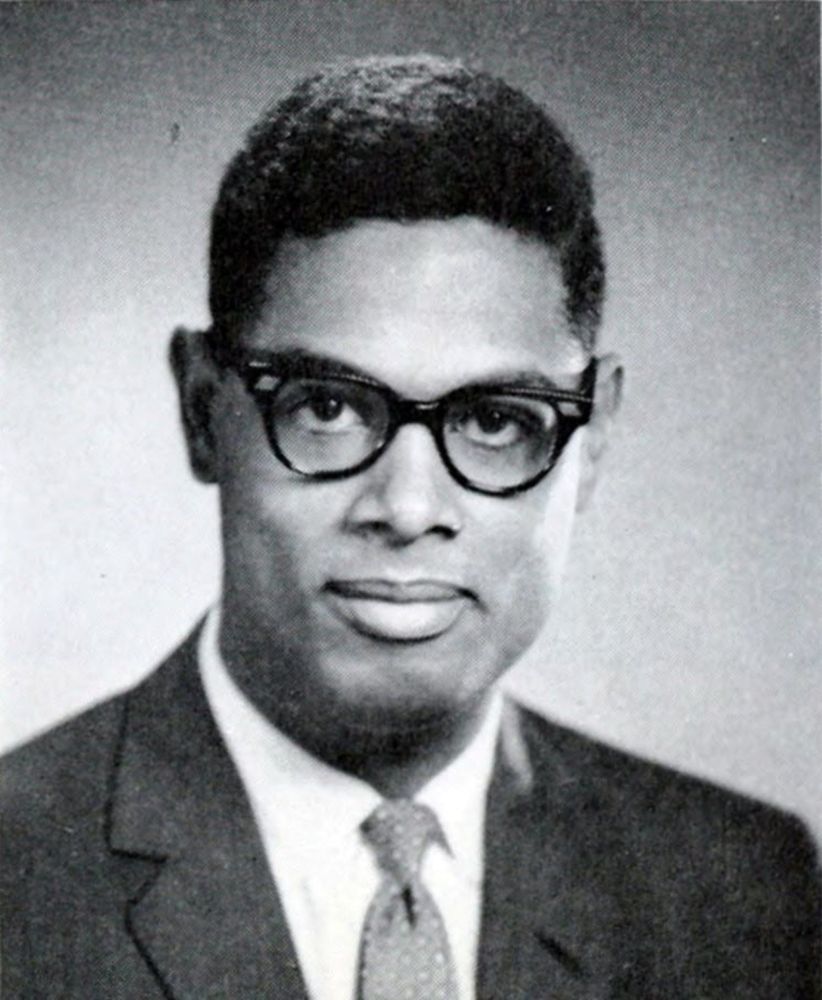Journal of the History of Ideas
@jhideas.bsky.social
9.4K followers
850 following
250 posts
Official account of the JHI Blog. Zac Endter, @jacobsaliba.bsky.social, & Rajosmita Roy.
Listen to In Theory: http://soundcloud.com/jhi-blog
JHIBlog.org
Posts
Media
Videos
Starter Packs
Reposted by Journal of the History of Ideas























